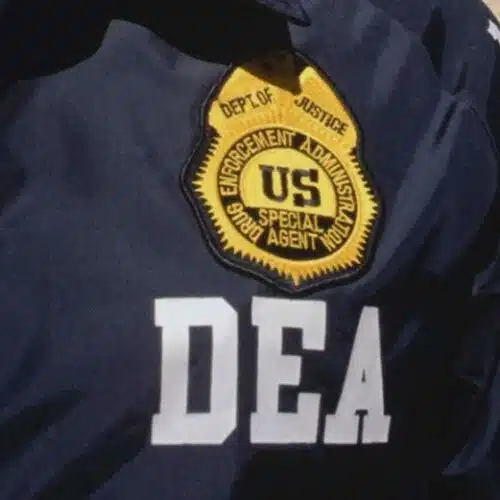The federal lawsuit against Harborside has finally been dropped.
OAKLAND — A lawsuit against the nation’s largest medical marijuana dispensary has gone up in smoke after Oakland city officials announced Tuesday that the federal lawsuit has been dropped.
The U.S. attorney’s office would not confirm the status of the civil forfeiture suit, filed by former U.S. Attorney Melinda Haag in 2012. Haag’s action threatened the Harborside Health Center property in Oakland with seizure on the basis that the building was being used for illegal activity.
On the steps of Oakland City Hall Tuesday morning, Harborside Executive Director Steve DeAngelo called the civil forfeiture lawsuit filed four years ago “harassment” and “federal prohibition” on cannabis. “Haag is no longer U.S. attorney and the lawsuit is being dismissed,” DeAngelo said.
U.S. Attorney Office spokesman Abraham Simmons said the office has no comment on pending litigation.
The city of Oakland supported Harborside when it filed its own lawsuit against the U.S. attorney’s office in attempts to block the seizure. Despite the legal proceedings and a U.S. District Court ruling that the city had no standing to sue the federal government, Harborside was allowed to stay open in Oakland and San Jose while the appeals court reviewed the case.
Councilwoman Rebecca Kaplan, who said she was an early supporter of permitting and taxation of marijuana facilities, praised the U.S. attorney’s office for dropping the case. Now, Harborside will not have to fear a federal raid, she said.
“Thank you to the feds for seeing the light,” Kaplan said.
Although officials said they were not given a reason for the dropped lawsuit, Harborside attorney Henry Kwylowski said that with the changing viewpoints on medical marijuana in recent years, prosecution is no longer supported by the people of California.
The Obama administration shifted gears on medical marijuana in recent years, for the most part abandoning prosecution in states where medical use is legal. California voters approved medical pot in 1996.
Last year, Congress included a provision in its spending legislation — signed by President Barack Obama — that barred the federal government from using resources to prosecute medical marijuana providers in the 32 states where it is legal.
“For decades, Harborside has helped ensure members of our community can access their medicine,” Rep. Barbara Lee, D-Oakland, said in a statement. “It’s past time for the federal government to stop standing between these patients and their medicine.”
At the time of the original lawsuit, Haag labeled the dispensary as a “superstore” because it was so large that it was alleged likely to sell to customers who could not prove a medical need.
City officials maintained that shuttering Harborside would damage city interests in numerous ways, from losing tax revenue from a legal, regulated local business to driving those marijuana sales into the black market and boosting crime. Kaplan said that opening a medical dispensary actually lowers crime.
Oakland Mayor Libby Schaaf said the dropping of the suit is a cause to celebrate, now that the industry can operate in the way the people of the state have said they want it to operate. She said that “making it possible for (the) city to appropriately regulate and collect taxes from this industry is incredibly important.”
The news comes as the Oakland City Council is planning to expand the city’s medical marijuana footprint by doubling the number of permitted dispensaries and issuing permits to growers, manufacturers, transporters and other cannabis-related businesses.
DeAngelo said that Harborside is the second largest retail taxpayer in Oakland.
Recreational marijuana is legal in the District of Columbia and Washington, Oregon, Colorado and Alaska — and similar legislation will be on California ballots in November.
Mercury News


